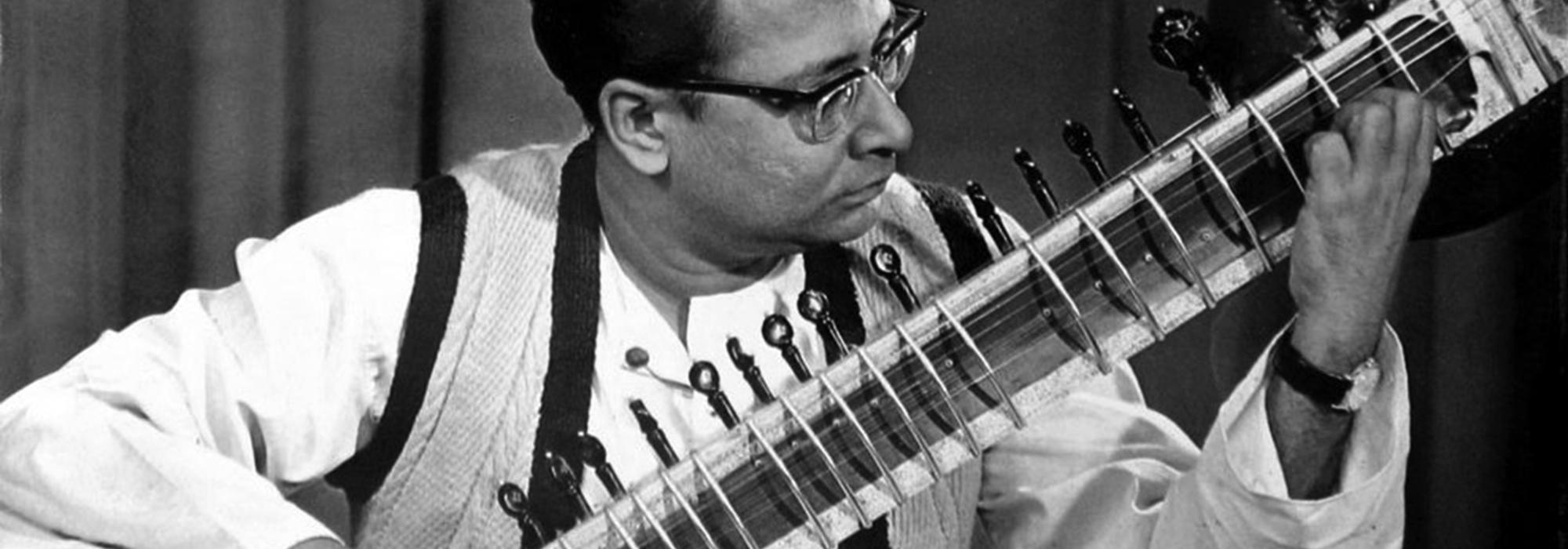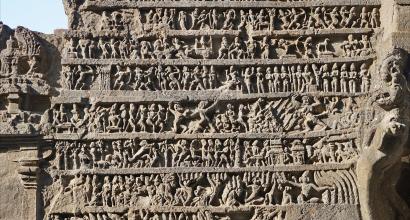The rigorous training that a Carnatic musician undergoes for several years teaches him/her lessons that are worth applying to other areas as well. An outsider might find it hard to make sense of the repetitive practice but over the years an insider realizes the benefit of the long, lonely hours of playing the same line till it becomes a part of the consciousness.
I have been a student of music for as long as I can remember and my music education has contributed immensely to my general approach to learning. Here are five lessons of music that I have applied outside of the music room:
1. Technique is Important
In the initial years, one is never taught songs or sonatas, but scales. A basic set of notes going up and coming down, in various patterns and combinations. It’s like how mathematical tables are taught first and not lessons in Calculus. Of course, one can excel at Calculus without formally learning the tables or even algebra, but in most cases, this kind of technical training is essential. Good technique lays the foundation for higher-level learning and thus should be taken seriously.
2. Balancing focus and duration
Working with concentration for half an hour is sometimes better than distracted practice for two hours. At other times, a fun practice session for an hour is more fulfilling than a serious ten-minute practice session. But at any rate, it is essential to practice every day. Even it is for a few minutes. It is often better than working in huge chunks on one-off days in the week.
3. Steadiness First, Speed Later
A huge attraction for many of us is speed. But speed without steadiness is dangerous. The initial years have to be spent in developing steadiness. When we focus on every note and every sound, and try to perfect it, then the song in entirety will be good. Once we can handle speed 1 with ease then we go to speed 1.1, not to speed 2. Even in growth, there must be steadiness. And at some point, it is important to push the speed and play (or sing) as fast as one can because that develops a different kind of steadiness.
4. Benchmarking with the Best-in-class
One may have unparalleled imagination and several ideas, but they are limited. There are many other wonderful ideas out there. The way two masters handle the same piece will be different. Listening and learning from the past masters and benchmarking oneself with the best-in-class people is useful. On one side, this opens out other avenues and on the other, it brings us face to face with our own imperfections.
5. Attitude is Everything
It is not just about sitting half an hour everyday and practicing that going to make us masters. We have to breathe music. We may be meeting an old friend for coffee but we should be able to listen to the music in the background carefully. We could be visiting an old aunt to check on her health but we should be able to check out their cassette collection and look for something interesting. What we do outside of our practice adds up over the years to what makes us a musician.
(This article first appeared in the June 2015 issue of Saamagaana: The First Melody, p. 23)
















































